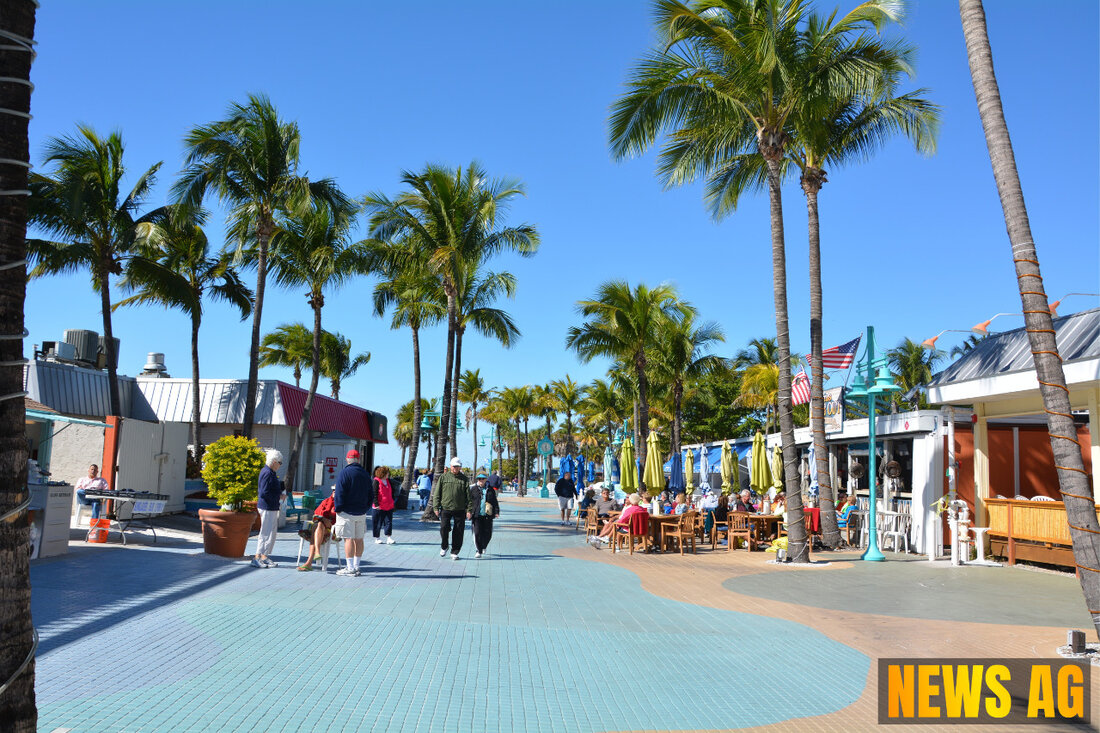Brevard County Greenlights $13M Plan to Clean Up Grand Canal Muck!
Brevard County commissioners approved a $13 million muck dredging plan for the Grand Canal, enhancing water quality by removing harmful sediments.

Brevard County Greenlights $13M Plan to Clean Up Grand Canal Muck!
On July 8, Brevard County moved forward with a unanimous decision that paves the way for the continuation of muck dredging in the Grand Canal near Satellite Beach. County commissioners approved a plan that features a substantial investment of just over $13 million, utilizing the remaining $5.1 million in state funds that face expiration. This compelling initiative aims to eliminate approximately 67,300 cubic yards of muck from the canal, with an expected completion date set for 2028.
The muck in question is primarily composed of soil from construction sites, farms, and residential areas, intermingled with grass clippings, algae, fertilizer, and even sewage. With about 426,117 cubic yards of muck already cleared from the canal, nearly 2 million pounds of nitrogen contributing to harmful algae blooms and fish kills have been successfully removed. This ongoing dredging project is part of a larger revitalization effort for the Indian River Lagoon, which has been funded by a voter-approved half-cent sales tax and has already seen over $24 million spent throughout its duration.
Challenges and Future Considerations
The decision to continue dredging was not without its challenges. Alternative proposals, including a costly pipeline to transport muck to a Palm Bay disposal site, were turned down. This rejected plan could have jeopardized the $5.1 million state funding, making it hard for the project to finish by the projected date. As it stands, a decision regarding the disposal of the muck after its removal remains pending. County commissioners are allowing landowners to bid for the use of their properties for muck disposal, sharing the responsibility and liability between the property owners and the county over the long-term management of these sites.
The dredging project has been closely monitored through a series of comprehensive studies conducted by Florida Tech’s Environmental Management Department. The final research reports published in 2016 highlight the biological impacts of muck dredging, focusing on aspects such as water quality and responses of seagrass and fish populations. This peer-reviewed research plays a crucial role in understanding the dredging’s effectiveness and environmental implications, detailing findings which have emerged over three years of study on muck management efforts in the lagoon.
Environmental Impact
The muck’s detrimental effect on the lagoon’s ecosystem is significant. It clouds sunlight, disrupting the delicate balance essential for seagrass, which serves as vital habitat for various marine life, including fish and manatees. The dredging not only aids in improving water quality but also supports the restoration of this essential habitat. According to research, habitats that maintain healthy seagrass populations are crucial for sustaining diverse marine ecosystems.
As this project gets underway, the community’s hope is palpable. Will the efforts to clean the Grand Canal contribute to the long-term health of the Indian River Lagoon? Achieving a cleaner, more vibrant lagoon could restore the natural beauty Floridians cherish, while also bolstering the local economy through tourism and marine activities. It seems there’s much to be said for the benefits that a revitalized lagoon can provide.
With the dredging initiative moving forward, all eyes will be on how the project unfolds, its challenges, and its successes. The road toward a cleaner and healthier Indian River Lagoon is a journey worth following for all of Brevard County.

 Suche
Suche
 Mein Konto
Mein Konto